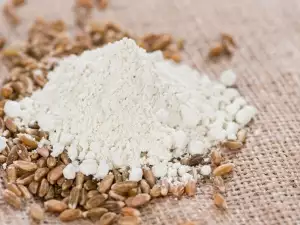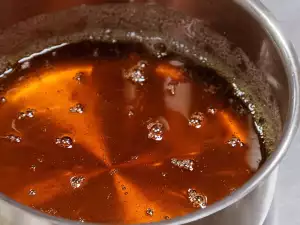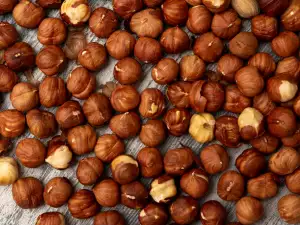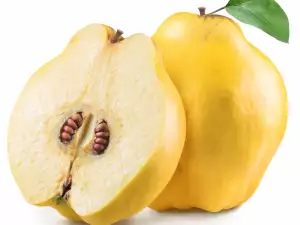The fragrant and sweet tangerine fruit is also called the little sister of the orange.
The tree, on which it grows is citrus reticulata and is considered to be native to Asia.
It was popularized in Europe in the 19th century, first among the higher society and then became available everywhere to the extent, that it became one of the most consumed and loved fruit in the world.
In Asia, however and especially in China, the little sister of the orange remains something like a symbol of prosperity. On New Year's Eve, for example, the Chinese have a habit of giving each other tangerines for good luck.
This fact is interesting and even a little funny, but it makes sense, not only in terms of tradition, but also because the content and benefits of tangerines are very valuable for our health.
In addition to all of the minerals, fiber and nutrients in this fruit, it also contains valuable vitamins.
The best of these is vitamin C, which is found in tangerines in smaller amounts than in oranges, but they are still optimal and sufficient to help us intake our daily dose of vitamin C, by eating only two to three of this little sunny fruit - tangerines.
We all know that vitamin C has a proven anti-inflammatory, antioxidant and tonic effect. This gives it a leading place among the remedies for colds, influenza and infectious diseases and it also helps to quickly form and build antibodies against these diseases.
It strengthens the immune system and it is recommended to be consumed in optimal amounts not only during the cold winter months, but at every change of seasons, because then our immunity is at its weakest.
100 g of tangerines contain as much as 35 mg vitamin C.Another valuable vitamin, which tangerines contain is vitamin A. It helps maintain beautiful hair, nails and skin, as well as good eye health.
Tangerines are also a source of vitamins from the B group (1,2,6), which improve the metabolism of carbohydrates in the body, provide energy and also contribute to beautiful and healthy hair, by slowing down graying even in older age.
Tangerines are a dietary fruit, because they contain almost no fat and in 100 g there are only 53 calories.
For optimal health, try a tangerine tincture for respiratory inflammation.
To sweeten your soul, try one of our recipes for tangerine sponge cake.



















Comments